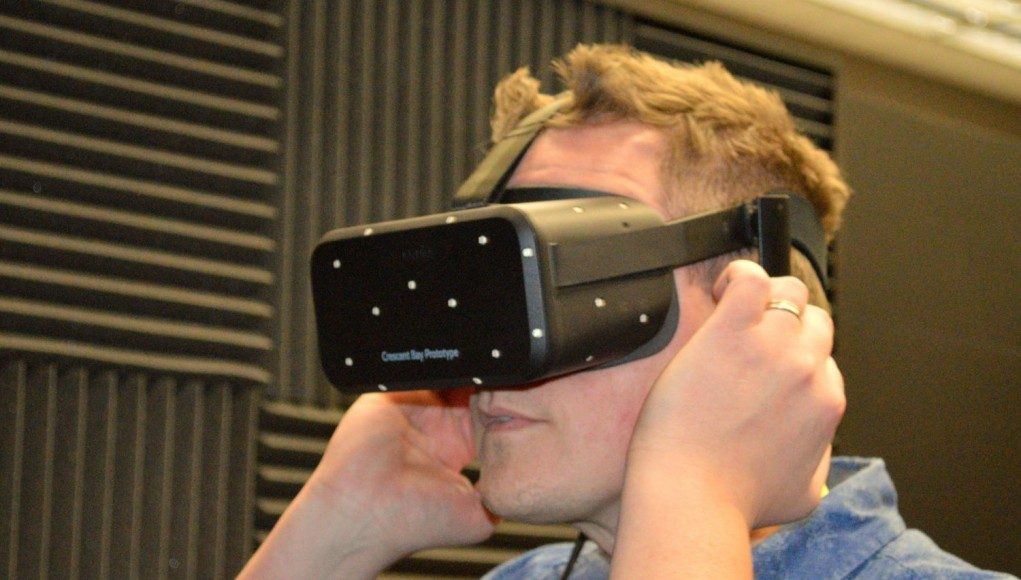As we reported back in January, Oculus are working hard on making sure what you hear in virtual reality is great. Their VR Audio initiative was one of the focusses of Oculus’ CES 2015 presence, where they demo’d updated applications for both Gear VR and their Crescent Bay prototype using spacialised audio, powered by licensed Realspace Audio tech.
Oculus have now announced that the Audio Software Developer Kit they’ve developed to ensure compelling 3D spacial audio can be implemented into VR games and applications with the minimum of fuss and pain.
A preview version of the Audio SDK is available for download right now at Oculus’ website. Oculus says that:
Great spatialized audio is a powerful amplifier for presence — By providing 3D audio plugins for Unity3D, AudioKinetic Wwise, Firelight FMOD, and VST compatible digital audio workstations, the Oculus Audio SDK provides content creators the tools to immerse players sonically in a virtual world, surrounded by realistically spatialized sounds.
Oculus are also stating they’d love to hear developer feedback on the Audio SDK preview. If you’ve tried it and have something to say, head over to their dedicated forum right here.
Meanwhile, Oculus are demonstrating an impressive Unreal Engine 4 powered demo created by ‘Hobbit’ SFX house Weta Digital on their Crescent Bay feature prototype on the GDC 2015 show floor. You can read about Ben’s experiences with the demo right here.







